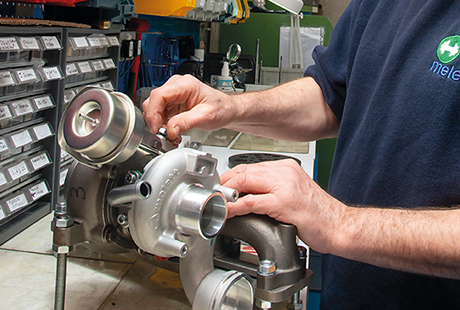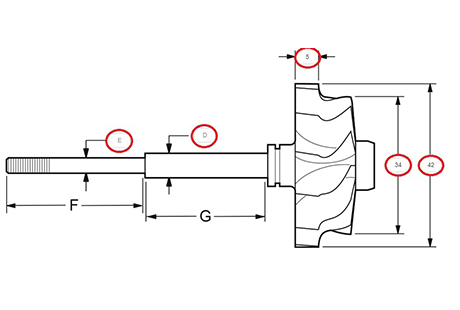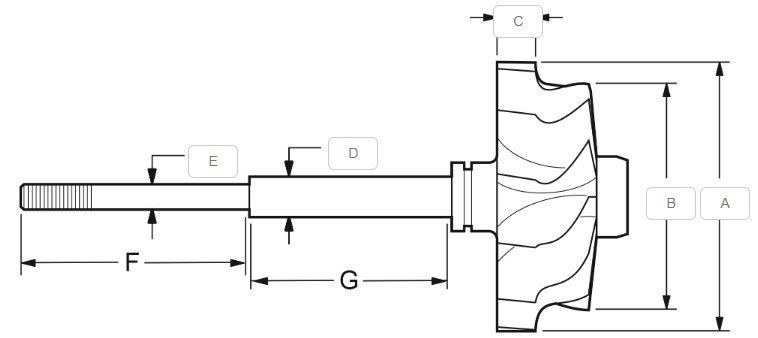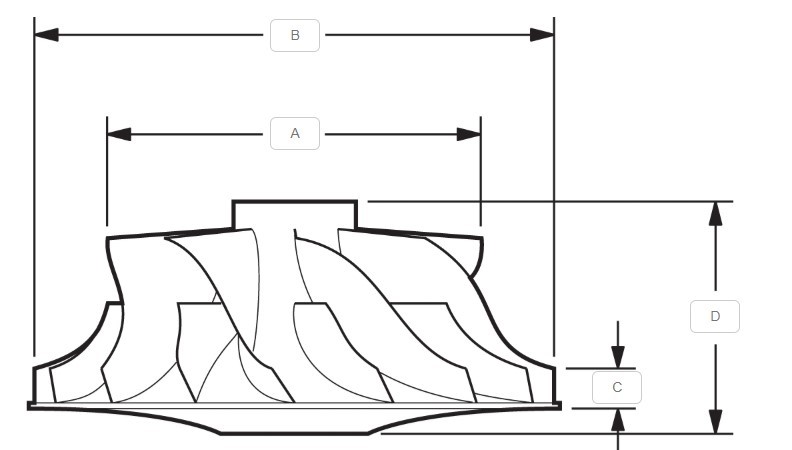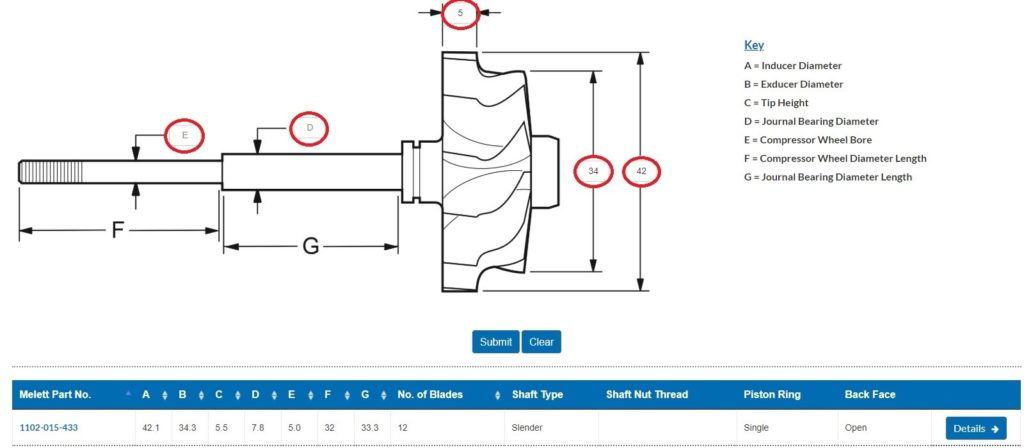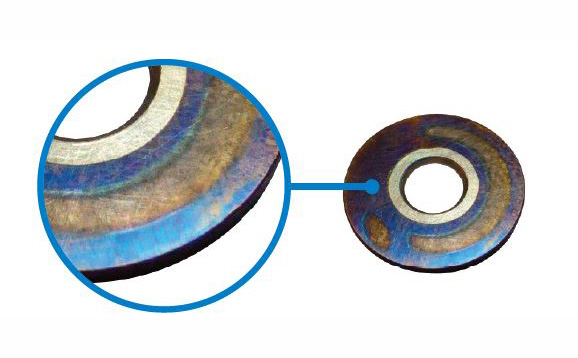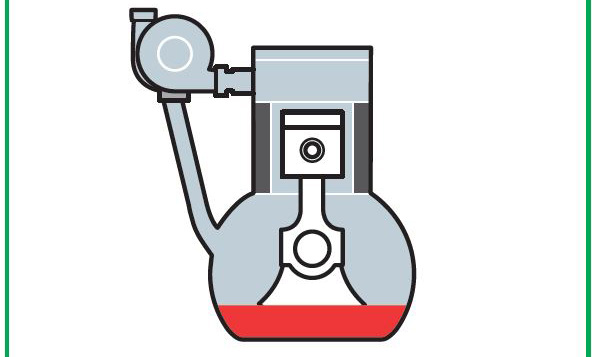En este artículo técnico, Melett explica las causas y señales de que existe sobrecalentamiento en el turbocompresor.
Sobrecalentamiento es el término usado para describir componentes que han sido sometidos a altas temperaturas de gases de escape o a enfriamiento insuficiente. De esta manera, Melett explica las causas y señales de que se dé esta anomalía en el turbocompresor.
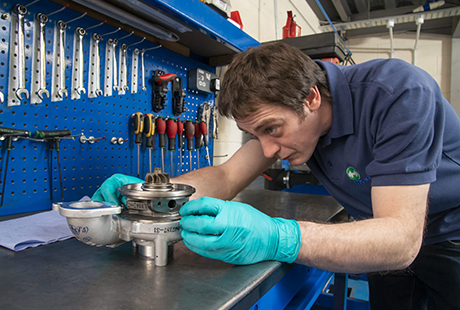
Causas de sobrecalentamiento
-Apagado del motor caliente.
-Aspectos del DPF, como regeneración, que causa mayor presión en los gases de escape y temperaturas que llevan al sobrecalentamiento del turbo en el lado de la turbina.
-Reprogramación de la ECU o la sobrealimentación de combustible.
Señales de sobrecalentamiento
-Decoloración en el extremo caliente de la rueda de turbina, extendiéndose a lo largo del área del cojinete.
-Absorción de calor desde el lado de la turbina del turbo hacia el lado del compresor, causando decoloración al eje de turbina y al cuerpo central.
-Decoloración de piezas internas incluyendo arandela y porta-segmento de empuje, ocasionalmente sin evidencia de desgaste.
-Colapso (pérdida de tensión) del anillo de pistón de turbina.
-Acumulación de carbonilla en los conductos de aceite y área del anillo de pistón.
-Desgaste excesivo anormal del anillo de pistón y ranura del lado de turbina.
-Apariencia de los álabes de turbina curvados uniformemente hacia abajo.
-Fractura de secciones pequeñas o bordes de los álabes de turbina/pérdida parcial de álabes.
Prevención
-Revise que el filtro de partículas está en buenas condiciones de operación.
-Verifique que no hay fugas en las líneas de enfriamiento.
-Permita que el turbo tenga tiempo de enfriarse, particularmente después de jornadas largas o duras condiciones de conducción.
CONSEJO TÉCNICO: El sobrecalentamiento puede conducir frecuentemente a lubricación insuficiente debido al calor excesivo en el lado de la turbina y/o carbonización del aceite en los conductos de aceite.



